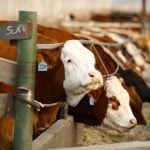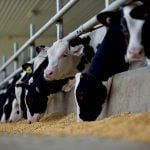
Features
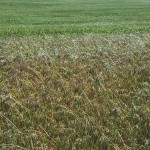
Controlling downy brome
This aggressive weed can be confused with fall rye. Luckily, there are several ways to keep it under control
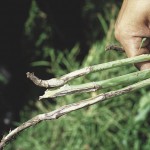
Protect your weapons in the fight against blackleg
New information and tools are in the works to help growers protect the durability of current resistant canola varieties
Private crop insurance
Saskatchewan-based Global Ag Risk Solutions is offering Prairie farmers a private option to insure their production costs

Producer cars to lower risk
Producer cars are an alternative to help Prairie farmers manage the uncertainty of basis and delivery opportunities
Lentils with blight can be misdiagnosed
Stemphylium blight is turning up in more and more seed lab tests, but is often misdiagnosed when it’s found out in the field

Cleaning to prevent clubroot
Clubroot can spread from farm to farm, or come in from other sources
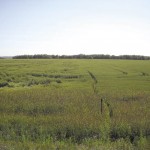
Intensify production by regulating growth
Plant growth regulators can give you higher yields, with lower crop height
Perverse incentives in the system
Speakers at the Grain Handling and Transportation Summit discussed incentives, regulations and grain transportation system bottlenecks

The bean genome
Researchers have puzzled out the genomes of crops such as soybeans. Now they’re turning their attention to the common bean

Working for a greener revolution
Scientists are looking at novel ways to maintain yields with drastic cuts in nitrogen application

